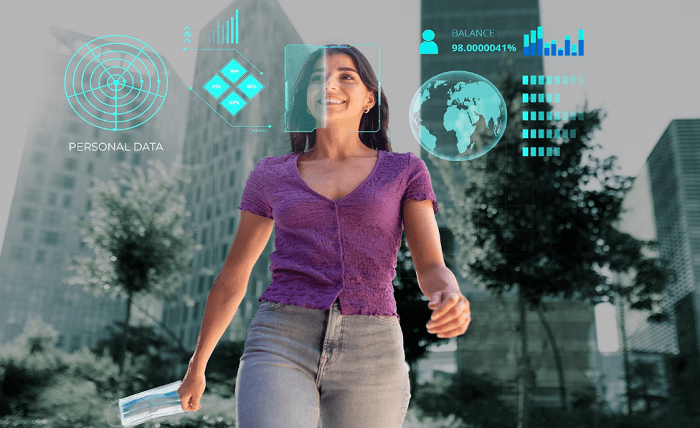Deep learning programs like face flipping have changed numerous industries by developing innovative methods to engage consumers with companies, hold their interest, and provide them with tailored information. This technology might increase company growth by simplifying marketing, customer service, and other operations. This article will examine how organizations expand their content generation, marketing, privacy, and training operations via artificial intelligence. You can try BasedLabs AI Face Swap.
An AI-powered face shift can potentially revolutionize the advertising and marketing industry by enabling businesses to create content uniquely suited to each individual. Sneaky use of the viewer’s face in ads makes it seem more personal and engaging. Perhaps greater engagement, sales, and money flow might result from marketing if it had this much leeway. Brand loyalty is higher among customers who strongly feel about a company’s offerings. The mental connection becomes more potent as a result.
The entertainment and video production industries might greatly benefit from AI-powered face swapping. Including visually appealing and contextually relevant images may enhance the text’s appeal and readability. Making a series of films where viewers may adjust the main character’s appearance is one method a firm could use. Because of this, watching any video would be an adventure. This is useful in fields where audience engagement and investment in the subject matter are paramount, such as online education, video games, and film. You can generate selfies online using BasedLabs AI Selfie Generator.
A significant shift in how businesses educate and develop their employees may result from research into and experimentation with AI-powered face-altering technologies. Using this technology, the company might enhance training by incorporating actual workers’ photographs into fictitious ones, making it more engaging and user-friendly. Workers may prepare for interacting with a wider variety of individuals in real life by participating in simulations with various types of clients. Teaching, staff performance, and customer service could benefit from this.
You may discover new methods to solve issues with AI that transform your face, even if privacy is highly crucial. Organizations may use face shifting to conceal personally identifiable information (PII) in publicly accessible documents. News organizations, legal firms, and healthcare providers must maintain patient information confidentiality. They might benefit significantly from this. Putting in place privacy safeguards that don’t slow down operations allows businesses to meet privacy rules and preserve their consumers’ confidence.
Transformative AI can potentially boost business growth, but it poses significant hazards and raises important ethical concerns that must be addressed. Concerns like abuse, privacy, and rights are included in the list. Because they may spread misinformation or damage someone’s reputation, deepfakes are an example of technological abuse. This is why companies using AI should maintain vigilance and ensure compliance with ethical and legal standards. Communicating openly and honestly with consumers and other key stakeholders helps alleviate concerns and foster confidence in the appropriate use of this technology.
In summary, developing AI that can change faces is a massive boon to expanding businesses. Personalized advertisements, more interesting material, enhanced training programs, and privacy protection measures are a few of its many possible uses. Any business considering this should check that its AI face-moving doesn’t violate any laws or put people’s safety or privacy at risk. Businesses vying for digital supremacy may find face-changing with AI an invaluable tool if appropriately implemented. As a result, companies can expand, more individuals get engaged, and tasks become more straightforward.
This technology may be may be beneficial for us. But we must ensure we are not using this technology illegally. We need to maintain all the rules and regulations before using the tools. Moreover, we should also think about others’ privacy.



